It’s an age old question: What is terroir?
Oh, but if only it were that simple. A French term, terroir is a favorite subject for wine geeks and wannabe wine geeks alike. And it should be. Because in this epoch of once-unimaginable scientific advancements in “winemaking,” terroir is an increasingly critical concept. It’s a last stand for authenticity.
The most important teaching we can impart here today, on the topic of terroir in wine, is that it’s not one thing. It’s many. Many sets of traits and circumstances – climate, soil, planting, paired with a vintner’s technique – that give some of the best wines in the world their distinctive sense of place.
And it’s an absence of nuanced terroir that leaves much to be desired in poorly-crafted, poorly-tended juice.
As Jordan Harris, winemaker for Tarara Winery in Virginia and a past Wine Enthusiasts “40 under 40 Tastemaker,” noted about terroir, “You can’t fake land and weather.”
The French and their mystic lands of Bordeaux, Burgundy and Champagne own claim to the most recognizable and revered terroir (pronounced: tehr-wahr) in the world, but other prestigious regions – Rioja, Mendoza, Chianti – are more and more underscoring the unique nature of their vineyards, telling consumers what makes their wine truly theirs.
For further insight, I asked some wine-savvy pals to give me “Terroir in Two Sentences.” Their replies:
Jason Tesauro, sommelier, Barboursville Vineyards, Virginia: “The mention of ‘terroir’ immediately conjures for me the black chernozem soil outside Chisinau in Moldova. I saw a thousand uninterrupted hectares of vines thriving in black dirt so fetid that the Moldovans have a saying: ‘Even if you plant the end of a hammer, it will grow here.’”
Jenn Knowles, sommelier, wine director, The Jefferson Hotel, D.C.: “October on Highway 29 in Napa. The smell of red clay dust and fermenting grapes.”
Jordan Harris, winemaker, Tarara Winery, Virginia: “Terroir is essentially what makes wine interesting by showing you its travels and where it’s from. Without terroir you simply have homogenized varietal wines that can be replicated any time like any other product.”
When I asked Dave McIntyre, a wine writer for the Washington Post, he directed me to a recent column I had somehow missed (a rarity I assure you, Dave).
“Terroir is a word with almost mystical charm for wine lovers,” Dave wrote for the Post. “And it has no real definition, so we can use it any way we want without fear of contradiction. Terroir is what we want it to be.”
“Terroir may lack definition, but it has meaning,” Dave noted. “When most wine lovers bandy the word about, we mean ‘a sense of place.’ That is to say, a wine shows terroir if it tastes like it came from somewhere.”
So there it is – think terroir, think place. Think distinction – a wine that could only possibly be from Burgundy, or from Barolo, or Barossa. And now that you’re schooled on the topic, go out and find your favorite.

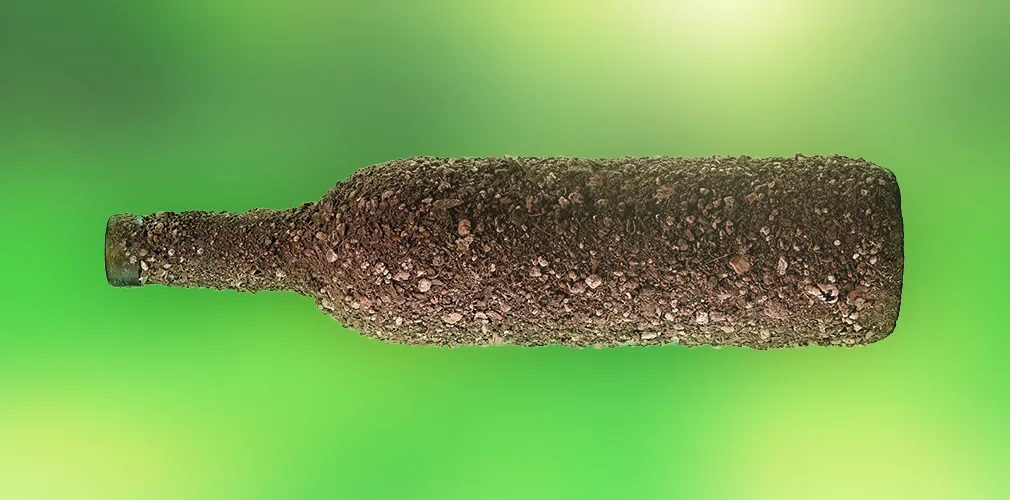
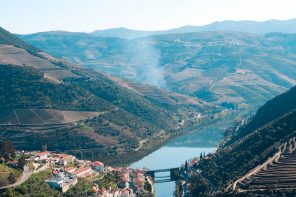
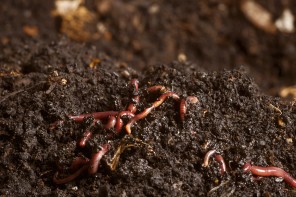
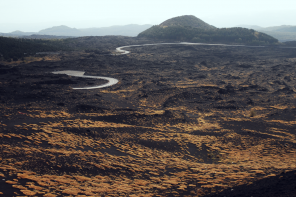
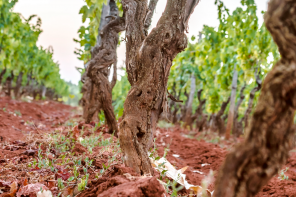
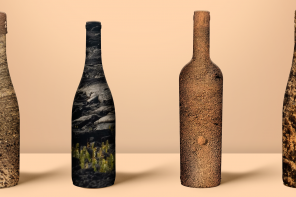
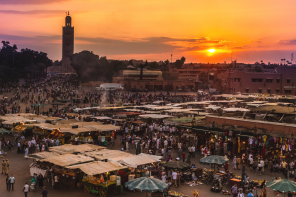
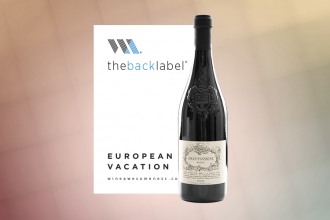
1 Comment